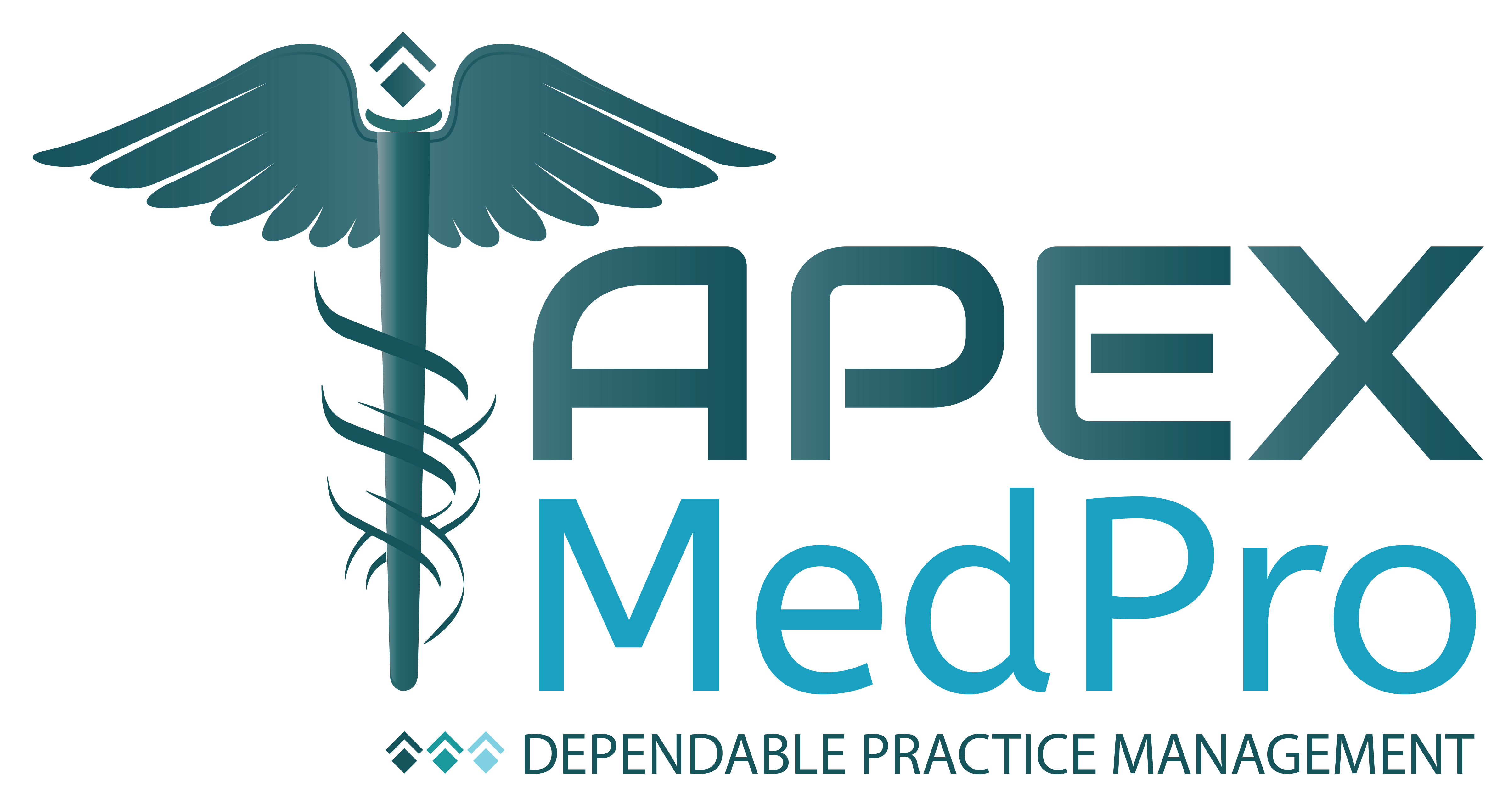Introduction:
Medical billing plays a crucial role in the healthcare industry, ensuring that healthcare providers receive timely and accurate payments for the services they provide. As technology continues to advance and reshape various sectors, the field of medical billing is also undergoing significant transformations. In this blog post, we will explore the future of medical billing, discussing the emerging trends and making predictions about what lies ahead.
we offer medical billing services in very cheap prices. if you need any type of medical billing services then click here
Automation and Artificial Intelligence:
One of the most significant trends shaping the future of medical billing is the increasing integration of automation and artificial intelligence (AI) technologies. Automation streamlines billing processes, reduces human errors, and improves efficiency. AI-powered algorithms can analyze medical records, extract relevant billing information, and generate accurate claims, leading to faster reimbursements. Furthermore, AI can assist in identifying potential coding errors and detecting fraudulent activities, enhancing compliance and reducing risks.
Electronic Health Records (EHR) and Interoperability:
The widespread adoption of electronic health records (EHRs) has revolutionized healthcare data management. In the future, interoperability between different EHR systems will become more prevalent, allowing seamless exchange of patient information among healthcare providers, payers, and billing systems. This interoperability will facilitate more accurate and efficient medical billing by eliminating redundant data entry, minimizing errors, and reducing administrative burden.
Telehealth and Remote Patient Monitoring:
The COVID-19 pandemic accelerated the adoption of telehealth services, allowing patients to receive medical care remotely. This trend is likely to continue and expand in the future. As telehealth becomes more prevalent, medical billing will need to adapt to accommodate virtual consultations, remote patient monitoring, and digital health platforms. New billing codes and reimbursement structures will emerge to support these remote healthcare services.
Value-Based Reimbursement Models:
Traditionally, medical billing has operated under fee-for-service models, where healthcare providers are reimbursed based on the number of services provided. However, the future of medical billing is shifting towards value-based reimbursement models. These models focus on the quality and outcomes of care, rather than just the quantity of services rendered. Billing systems will need to evolve to track and measure patient outcomes, incentivizing providers to deliver high-quality, cost-effective care.
Increased Emphasis on Data Analytics:
The vast amount of healthcare data generated provides valuable insights that can optimize medical billing processes. Data analytics tools will play a vital role in the future, enabling healthcare organizations to identify trends, detect patterns, and improve revenue cycle management. By leveraging data analytics, providers can identify areas of potential revenue leakage, streamline billing workflows, and enhance financial performance.
Enhanced Security and Compliance:
As the healthcare industry becomes increasingly digitized, ensuring the security and privacy of patient data is of paramount importance. Future medical billing systems will incorporate robust security measures to protect sensitive information from data breaches and cyber threats. Compliance with evolving regulations, such as the Health Insurance Portability and Accountability Act (HIPAA) and the General Data Protection Regulation (GDPR), will remain a top priority.
Conclusion:
The future of medical billing is poised for remarkable transformations driven by advancements in technology, shifting reimbursement models, and evolving healthcare practices. Automation, AI, interoperability, telehealth, value-based reimbursement, data analytics, and enhanced security will shape the landscape of medical billing in the years to come. Embracing these trends will enable healthcare providers and billing professionals to optimize revenue cycles, improve efficiency, and deliver better patient care in the evolving healthcare landscape.

